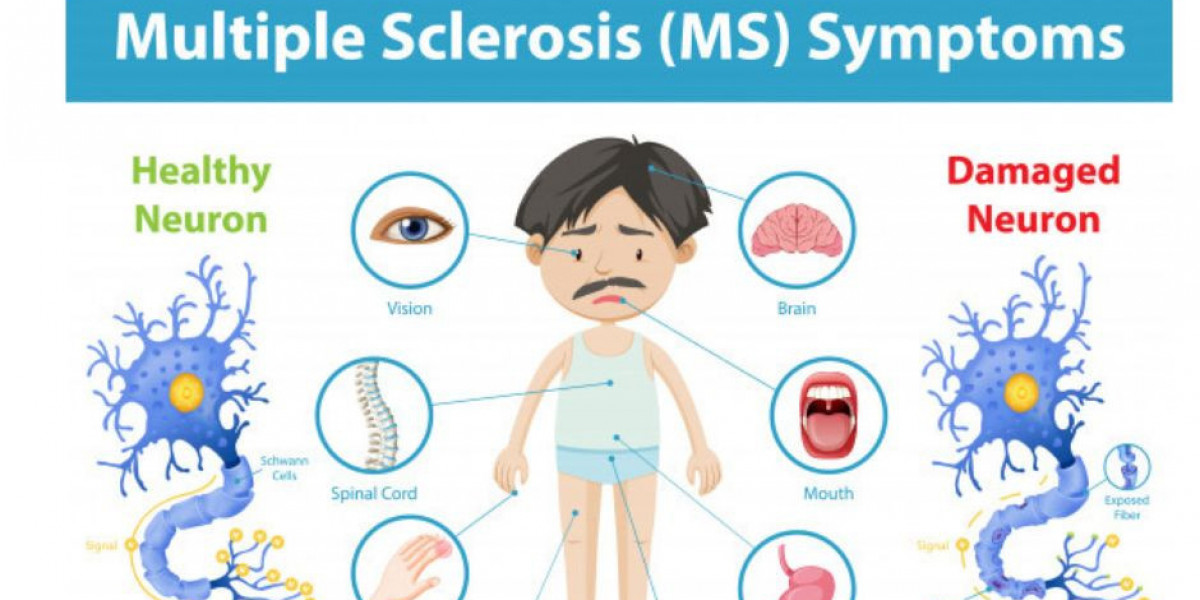Multiple Sclerosis (MS) is a chronic autoimmune disease affecting the central nervous system, and while it can impact individuals of any gender, there are nuances in how it manifests in women. Understanding the unique symptoms of MS in women is crucial for timely diagnosis and effective management of this complex condition.
**1. Overview of Multiple Sclerosis:
MS is characterized by the immune system mistakenly attacking the protective covering of nerve fibers, leading to communication disruptions between the brain and the rest of the body. The symptoms can vary widely, making it a challenging condition to diagnose.
**2. Common Symptoms of MS:
While the symptoms of MS can affect both men and women, women may experience certain manifestations more frequently. Common symptoms include fatigue, difficulty walking, numbness or tingling, muscle weakness, and problems with coordination and balance.
**3. Visual Disturbances:
Women with MS may often encounter visual disturbances, such as blurred or double vision. Optic neuritis, inflammation of the optic nerve, is a common MS-related issue that can lead to these visual symptoms.
**4. Cognitive Challenges:
Cognitive impairment is another facet of MS that can be more pronounced in women. This may include difficulties with memory, concentration, and problem-solving. Cognitive symptoms can impact daily functioning and quality of life.
**5. Emotional and Mood Changes:
MS can influence emotional well-being, and women may be more susceptible to mood changes, including depression and anxiety. Coping with the physical and emotional challenges of MS requires comprehensive support and understanding.
**6. Pain and Sensory Symptoms:
Women with MS may experience pain, such as sharp or stabbing sensations, often related to nerve damage. Sensory symptoms like tingling, itching, or burning sensations may also be present.
**7. Fatigue:
Fatigue is a prevalent symptom in MS and can be particularly impactful for women. It goes beyond regular tiredness and can interfere significantly with daily activities.
**8. Bladder and Bowel Issues:
MS can affect the nerves that control bladder and bowel function. Women may experience issues such as urinary urgency, frequency, or incontinence.
**9. Menstrual Cycle Influence:
Some studies suggest that hormonal changes during the menstrual cycle may influence the severity of MS symptoms in women. Fluctuations in estrogen levels can potentially impact the immune response.
**10. Pregnancy Considerations:
- Women with MS often experience a temporary improvement in symptoms during pregnancy. However, there might be a rebound effect postpartum, highlighting the complex interplay between hormones and the immune system.
Conclusion: Navigating the MS Journey
Understanding the symptoms of MS in women is a crucial step in navigating the complexities of this chronic condition. It emphasizes the importance of individualized care and support tailored to the unique needs and experiences of women living with MS. Early diagnosis, multidisciplinary care, and ongoing research contribute to enhancing the quality of life for women facing the challenges of multiple sclerosis.







